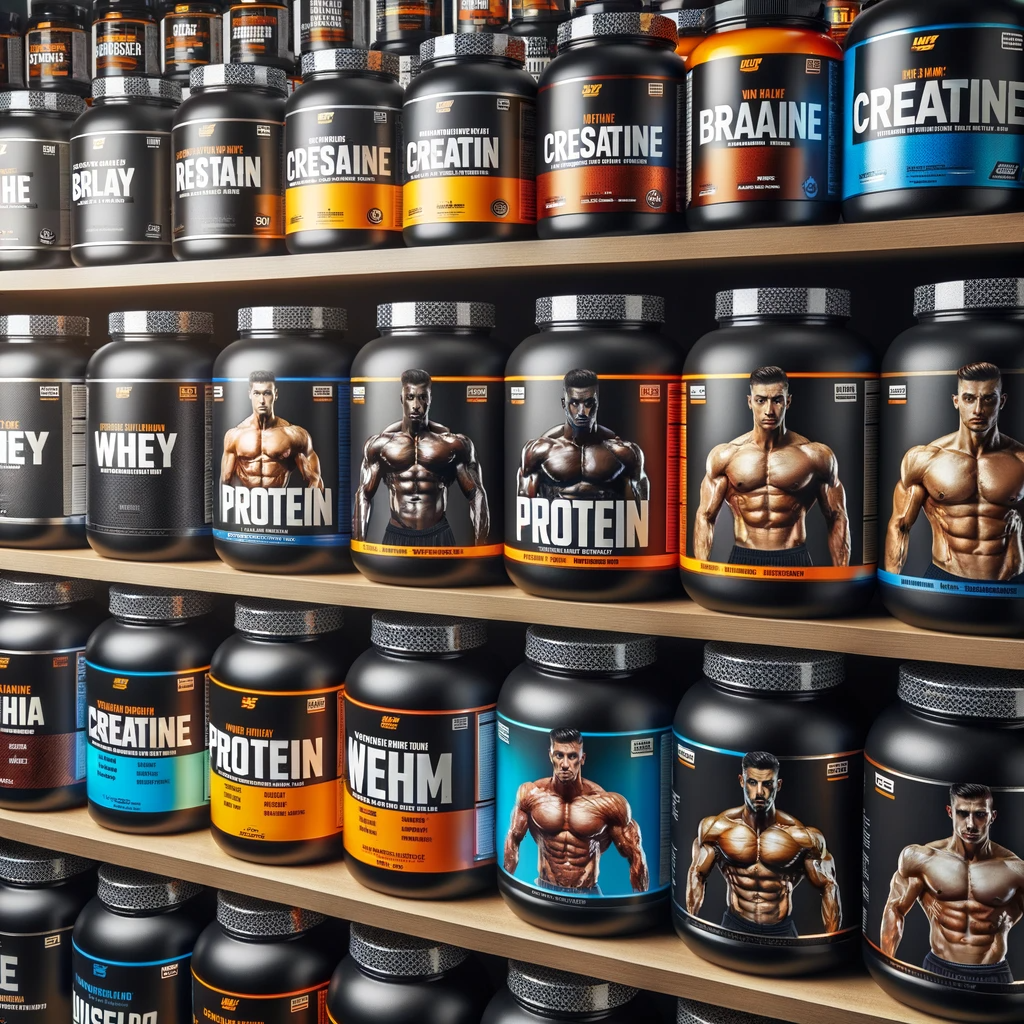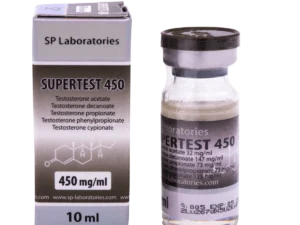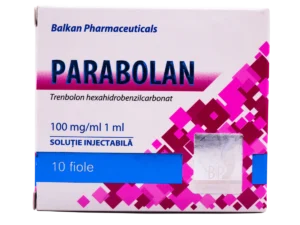Introduction to Sports Supplements for Gaining Muscle Mass
The world of fitness and bodybuilding has seen a significant rise in popularity over the past few decades. With this surge in interest, there has been a parallel increase in the demand for sports supplements. These supplements are designed to enhance athletic performance, promote muscle growth, and aid in recovery. One of the most sought-after results of using these supplements is gaining muscle mass. However, with the myriad of products available on the market, it can be a daunting task to decide which supplements are the most effective for muscle gain.
Understanding the role of sports supplements in muscle development is crucial for anyone looking to enhance their physique and athletic performance. These supplements are not magic potions that will instantly transform your body, but they can provide the necessary nutrients to fuel your workouts and support muscle growth and recovery. They are intended to complement a balanced diet and a well-structured exercise regimen.
When it comes to gaining muscle mass, certain key nutrients play a pivotal role. These include proteins, creatine, amino acids, and specific vitamins and minerals. Sports supplements often contain these nutrients in concentrated forms. However, it’s important to note that while these supplements can aid in muscle gain, they are not a substitute for a balanced diet and regular exercise. They should be used as part of a holistic approach to fitness and health.
Whether you’re a professional athlete, a gym enthusiast, or someone just starting their fitness journey, understanding the role and effectiveness of sports supplements can be instrumental in helping you reach your muscle gain goals. This article aims to provide a comprehensive overview of sports supplements for gaining muscle mass, discussing their role, effectiveness, and how to use them safely and efficiently.
Exploring Sports Supplements for Muscle Gain
Let’s delve deeper into the world of sports supplements and their role in muscle development. We will explore the various types of supplements available, their benefits, and potential risks.
Protein Supplements
Protein is the building block of muscles, and it’s no surprise that protein supplements are the most popular choice among athletes and fitness enthusiasts. Whey protein, casein, and soy protein are some of the most common types. They can significantly aid in muscle recovery and growth when consumed post-workout. However, they should not replace whole food sources of protein but should complement a balanced diet.
Creatine
Creatine is a naturally occurring compound in the body that helps fuel your muscles during high-intensity workouts. Supplementing with creatine can increase the body’s stored reserve of creatine phosphate, which can extend workout duration and improve muscle strength and size. Remember, hydration is key when taking creatine supplements as they can lead to water retention.
Amino Acids
Amino acids, particularly Branched-Chain Amino Acids (BCAAs), are essential for muscle recovery and growth. BCAAs can help reduce muscle soreness, decrease muscle fatigue, and increase muscle mass. They are particularly beneficial when consumed before or during a workout.
Vitamins and Minerals
Vitamins and minerals play a crucial role in various bodily functions, including muscle development and recovery. Vitamin D, calcium, and magnesium, for example, are essential for muscle function. Iron and B-vitamins are crucial for energy production during workouts. Supplements can help ensure you’re getting enough of these nutrients, especially if your diet is lacking.
Understanding the Risks and Precautions
While sports supplements can significantly aid in muscle gain, they are not without risks. Over-reliance on supplements can lead to nutrient imbalances. Some products may contain harmful substances due to lax regulations in the supplement industry. It’s crucial to choose products from reputable brands and to consult a healthcare professional before starting any supplement regimen.
Conclusions
Sports supplements can be a powerful tool in your arsenal for gaining muscle mass. They provide the necessary nutrients to fuel your workouts, aid in muscle recovery, and promote muscle growth. However, they should be used wisely and as part of a balanced diet and regular exercise regimen. Always consult with a healthcare professional before starting any supplement regimen to ensure it’s safe and right for your individual needs.
Practical Recommendations for Using Sports Supplements for Muscle Gain
Here are some practical tips and recommendations for those considering sports supplements as part of their muscle gain strategy.
Consult a Healthcare Professional
Before starting any supplement regimen, it’s crucial to consult with a healthcare professional. They can provide advice tailored to your individual health needs and fitness goals. They can also help you understand any potential risks or side effects associated with the supplements you’re considering.
Choose Quality Products
Not all sports supplements are created equal. It’s essential to choose products from reputable brands that have undergone third-party testing for quality and safety. Be wary of products with ‘too good to be true’ claims, as they may contain harmful substances.
Follow the Recommended Dosage
More is not always better when it comes to sports supplements. Consuming more than the recommended dosage can lead to adverse effects and may not necessarily lead to greater muscle gain. Always follow the dosage instructions on the product label.
Balance Supplements with a Healthy Diet
Supplements are designed to complement a healthy diet, not replace it. Ensure you’re consuming a balanced diet rich in proteins, carbohydrates, healthy fats, vitamins, and minerals. Whole foods should always be your primary source of nutrients.
Pair Supplements with Regular Exercise
Supplements alone won’t lead to muscle gain. They need to be paired with a regular exercise regimen that includes strength training and cardio workouts. Remember, consistency is key when it comes to exercise.
Stay Hydrated
Some sports supplements, like creatine, can lead to water retention and require adequate hydration. Drinking plenty of water is essential when taking these supplements. It’s also crucial for overall health and optimal athletic performance.
In conclusion, sports supplements can be a valuable addition to your muscle gain strategy. However, they should be used responsibly and as part of a holistic approach to fitness and health.







